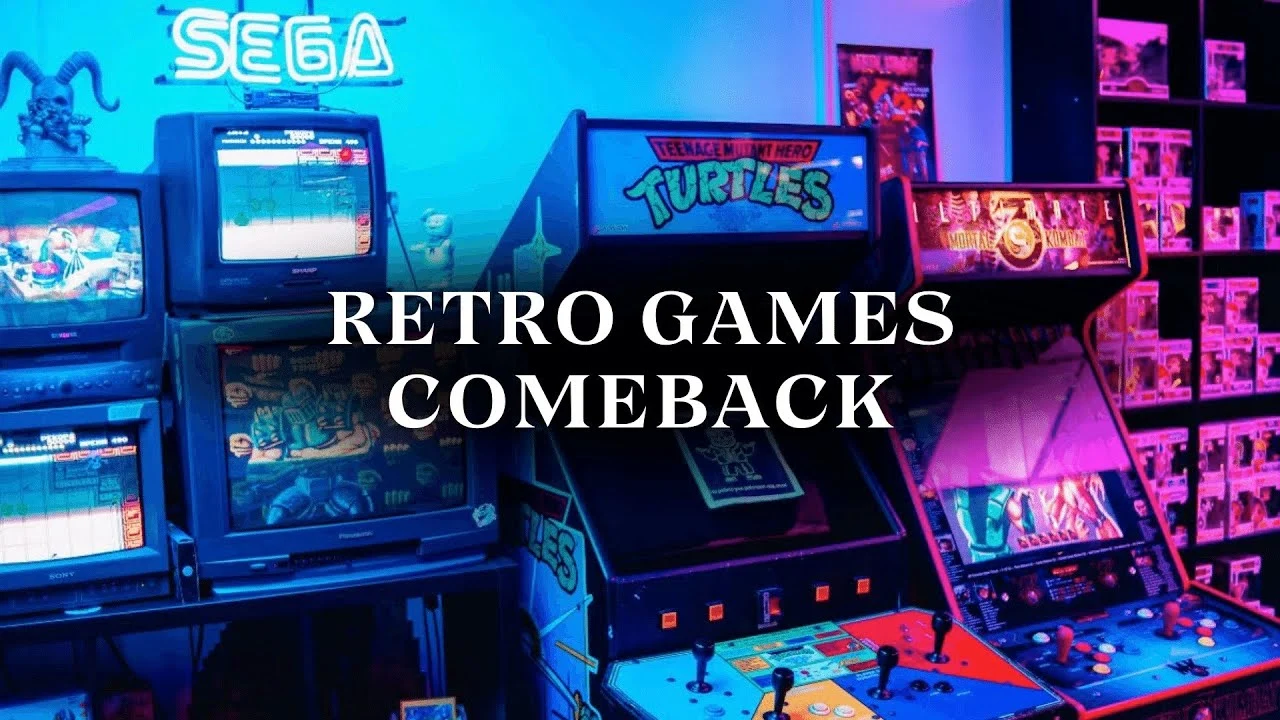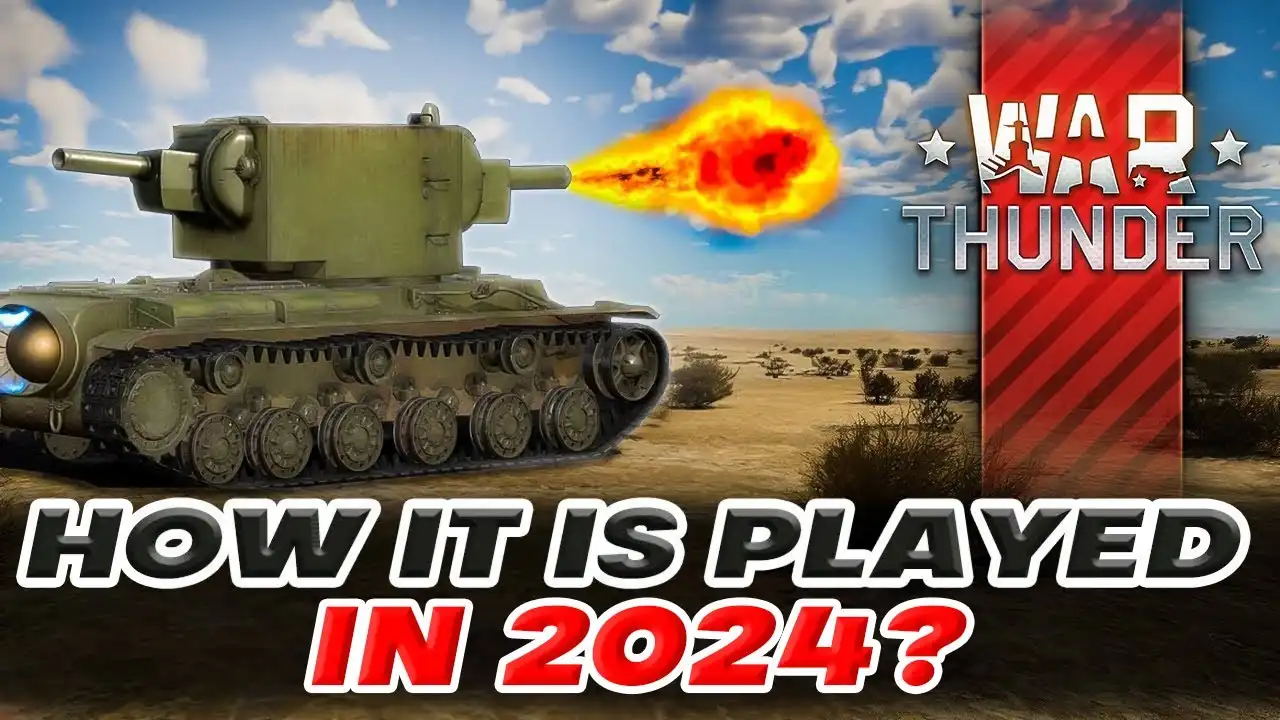
Classic Video Games Making a Comeback
In the ever-evolving world of video games, where cutting-edge graphics and immersive storytelling are often at the forefront, there’s a growing trend that embraces nostalgia and the charm of yesteryear: the comeback of classic video games. These games, which once defined an era of gaming, are now making a resurgence through remakes, remasters, and re-releases, captivating both seasoned gamers and a new generation. This article delves into why classic video games are experiencing a revival, the ways in which they are being updated, and what this means for the gaming industry.
The Allure of Nostalgia
Nostalgia is a powerful force, and it plays a significant role in the resurgence of classic video games. For many gamers, these titles evoke fond memories of childhood or adolescence, a time when gaming was a simpler, more straightforward experience. Games like Super Mario 64, The Legend of Zelda: Ocarina of Time, and Final Fantasy VII are more than just entertainment; they are cherished relics of a bygone era that defined the gaming experiences of countless individuals.
The emotional connection that gamers have with these classics creates a strong demand for their return. The desire to relive these memories, combined with the improved technology available today, has driven developers to revisit and modernise these beloved games. This nostalgia-driven market has led to a wave of remakes and remasters, giving classic games a new lease on life while introducing them to younger audiences who may have missed them the first time around.
Modernising the Classics
One of the primary ways classic games are making a comeback is through remakes and remasters. Remakes involve rebuilding a game from the ground up, often with updated graphics, audio, and gameplay mechanics to align with contemporary standards. Remasters, on the other hand, involve enhancing an existing game’s graphics and audio while preserving the original gameplay experience. Both approaches aim to bring the magic of classic games to modern platforms.
Remakes have become particularly popular, with developers recognising the potential to attract both nostalgic fans and new players. Final Fantasy VII Remake is a prime example. Originally released in 1997, the remake offers a fresh take on the classic JRPG with stunning graphics, expanded storylines, and modernised gameplay while retaining the core elements that made the original a fan favourite. Similarly, Resident Evil 2, a remake of the 1998 survival horror game, received acclaim for its impressive visual overhaul and immersive gameplay, successfully blending old and new.
Remasters also play a significant role in the revival of classic games. They often involve updating the graphics and sound of older titles to meet current standards without altering the original gameplay experience. For instance, the Halo: The Master Chief Collection brought together several games from the iconic series, offering enhanced visuals and improved performance while preserving the gameplay that made the series famous. This approach allows players to experience the games as they remember them, but with modern conveniences such as improved resolution and faster load times.
Classic Games on Modern Platforms
Another facet of the classic games resurgence is their availability on modern platforms. Services like Nintendo’s Virtual Console, PlayStation Now, and Xbox Game Pass offer access to a library of classic titles, allowing players to enjoy their favourite games on current consoles without the need for vintage hardware. This accessibility is a crucial factor in the ongoing popularity of classic games, as it allows gamers to experience or revisit these titles with ease.
Additionally, classic games are increasingly being included in special edition collections and retro gaming consoles. The Nintendo Classic Mini, for example, is a compact version of the original NES, pre-loaded with popular titles such as Super Mario Bros. and The Legend of Zelda. Similarly, the Sega Genesis Mini brings back the nostalgia of Sega’s 16-bit console with a selection of iconic games. These products cater to both collectors and new players, making it easier to enjoy classic games without the hassle of hunting down original cartridges and hardware.
The Impact on the Gaming Industry
The resurgence of classic video games has a broader impact on the gaming industry. It highlights the enduring appeal of these titles and demonstrates the value of preserving gaming history. By reimagining and re-releasing classic games, developers are not only honouring the legacy of past creations but also ensuring that these influential titles remain relevant in today’s gaming landscape.
Moreover, the success of classic game remakes and remasters has encouraged developers to explore other nostalgic opportunities. It has become a trend to revisit and revitalise older franchises, sometimes even leading to the revival of long-forgotten genres and series. This practice not only fuels nostalgia but also contributes to the diversity and richness of the gaming industry, blending historical influences with contemporary innovations.
The Future of Classic Games
Looking ahead, the future of classic video games appears bright. As technology continues to advance, there will likely be even more opportunities to revisit and reinvent classic titles. Virtual reality (VR) and augmented reality (AR) could offer new ways to experience old favourites, creating immersive environments that enhance the nostalgic appeal of these games.
Additionally, the growing interest in game preservation will ensure that classic titles are not only enjoyed by current generations but also safeguarded for future ones. Efforts by organisations dedicated to preserving video game history, along with ongoing remakes and remasters, will contribute to keeping classic games alive and accessible.
Conclusion
The comeback of classic video games is a testament to the lasting impact and universal appeal of these timeless titles. Through remakes, remasters, and modern platforms, classic games are finding new audiences while providing a nostalgic trip for long-time fans. This trend underscores the importance of preserving gaming history and demonstrates how the past can enrich the present. As we look to the future, the revival of classic games will continue to play a significant role in the gaming industry, bridging generations and celebrating the enduring legacy of video games.








